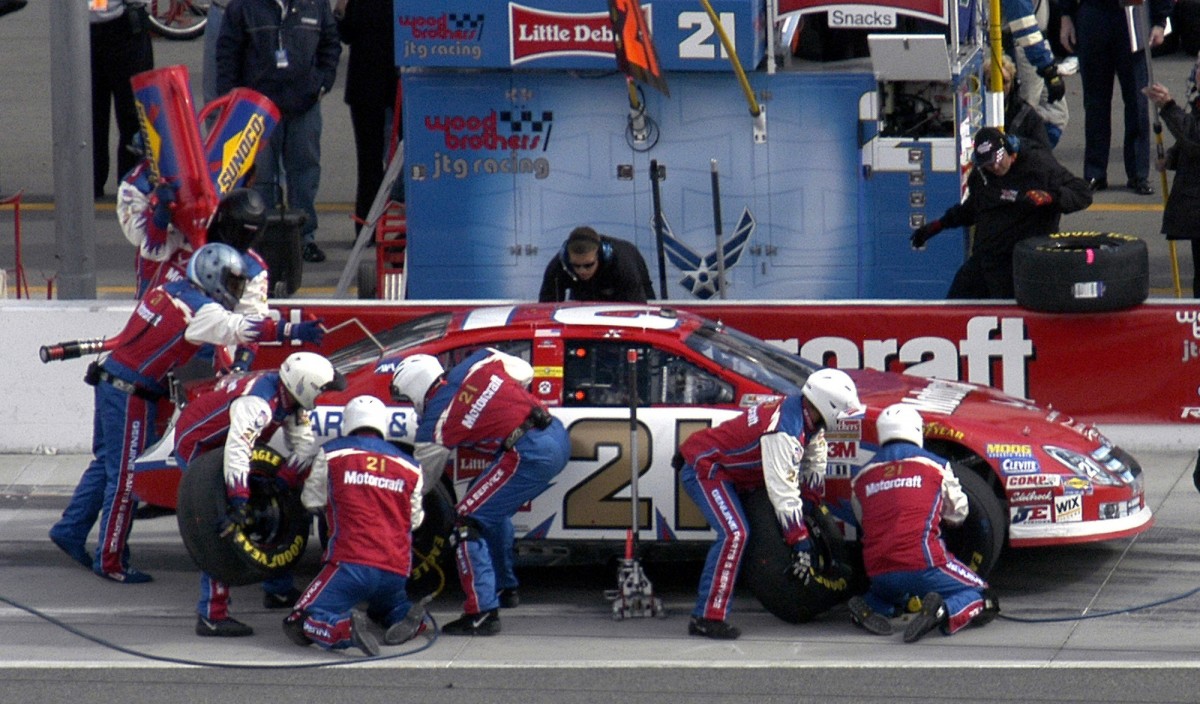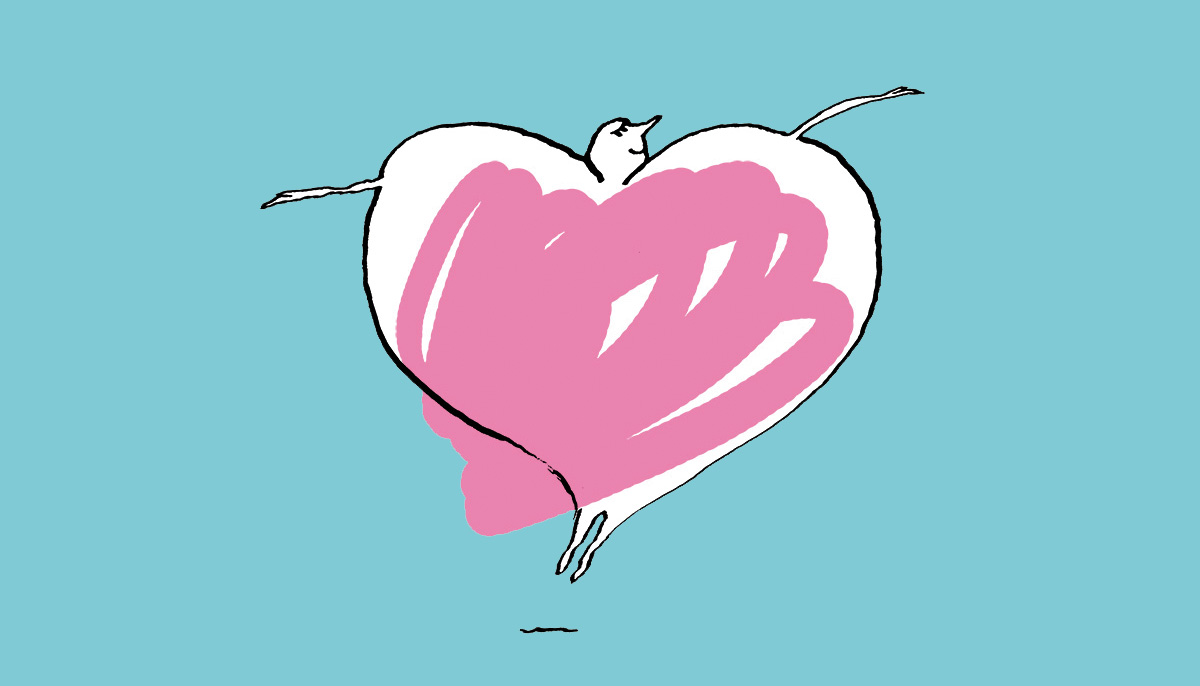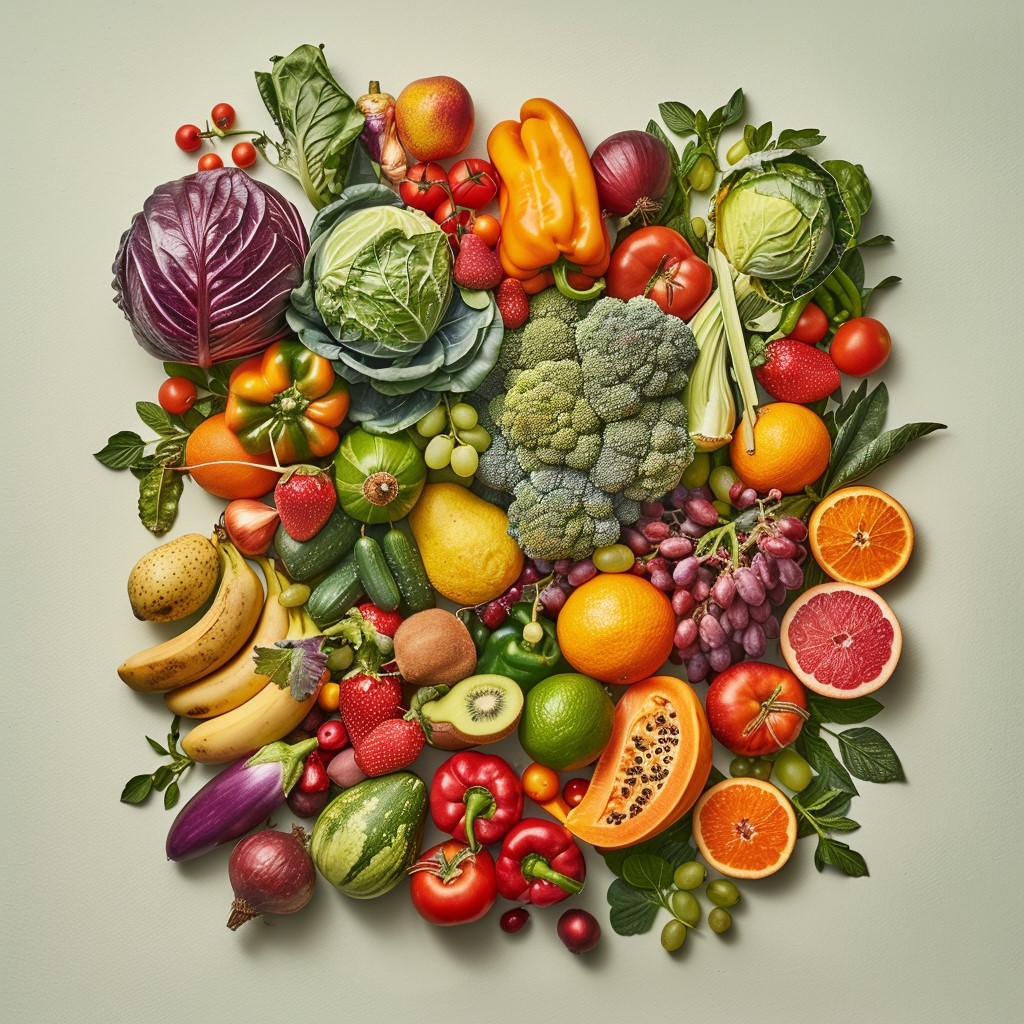No one talks about burnout any more. Initially, no one wanted to have it, but then everyone had it, and suddenly, it disappeared. It’s not really gone; it just vanished from daily discourse. We haven’t defeated total exhaustion; we’ve just accepted that it’s a part of our lives that we can’t debate away. People overwhelm themselves. Since the beginning of time. Whether Noah is building his ark and collapsing, or a young startup founder working 24/7 and collapsing in front of his Mac. We’ve quietly and silently accepted burnout as a part of us. It’s akin to accepting regular piston seizures in your car because you stoically never check water or oil or take driving breaks. It’s as if you’ve taped over the entire dashboard to avoid seeing the warning lights, ignoring the warning lights within us. The heart, skin, stomach – everything screams for help, and we turn a deaf ear. We are our own crying child, brutally covering our ears. Or: listen to ourselves! See the signs. Pay attention to them. Pay attention to ourselves. Always. And reach a level that makes us happy. Our own heaven. With the right self-care, this is attainable every day.
When Max Verstappen floors it in his Red Bull Formula 1 car, he can’t do it indefinitely. 380 kilometres per hour, then it stops. No matter how much he keeps pressing the gas. His engine is regulated. When an app developer works through the tenth night in a row in his office, he can tack on an eleventh. Nothing is regulated in his life engine. It goes from giving gas directly into collapse. With 1000 warning symptoms from his body. But not the ultimate protective stop that even a Formula 1 driver must obey.

Even race cars take a break – of course, in world record time! © Credit: Nascar 2017 by Creative Commons CC0. is licensed under Creative Commons Attribution 4.0 International
But we’ve made progress. Yes, we’ve somehow accepted burnout. But we’ve also embraced work-life balance in our lives. Even better: Generations Z and Alpha handle overtime and work hours differently. They seem to have learned from their parents’ heart attacks and breakdowns. More so, they found nothing less cool as kids and teens than a dad constantly coming home late from the office, always glued to his phone, sequestered in his study on weekends. Or not present at all because he was always flying somewhere. It wasn’t just bad because Daddy had no time or nerves and was always popping pills. It was also old. Mega old. Old school. They are the new school. And it shows a different picture. Today, if an ad creative from the 80s or 90s goes to an agency around 7:00 PM, they’ll be surprised: no one’s there any more. Everyone’s left for the day. Or never came in and worked from home.
No client calls any more, either. They’ve also finished work with their team. Working until 10 PM or later is out. It’s no longer a sign of diligence and ambition; today, it’s a sign of disorganization and foolishness. Good news! It signifies an important evolutionary step. From overworking Neanderthals to a new era.

6:45 PM and everyone’s gone. And that’s a good thing.
The important thing about this new era is that the new generation, like all others, still needs to take care of themselves. Ambition and the tendency to overextend oneself lurk within us all. They do because they’re part of us. They have important functions. It’s essential that we can surpass ourselves. But not from Monday to Sunday. Instead, as a wisely dosed turbo, used tactically. And then put away again. That’s the secret. The right rhythm. The happy dance with our resources.
Taking care of our strengths is a beautiful way to get close to ourselves. It’s about turning our attention inward, to what life currently demands of us, into attention to ourselves. Saying, dear world, you’ll have to do without me for a moment, I need to look after myself.

Dreaming, feeling oneself – you can never start too early.
Just the idea, the impulse, will make your body and spirit rejoice. You are like a tanker, travelling across all the world’s seas, and you just take a look down at your engine room. Your most important room! Just by appearing, the guys down there — heart, lungs, kidneys, intestines, stomach, spleen, and all — will be incredibly happy. Because they get your attention, they can signal how they’re doing. And you go back up and act accordingly, adjusting. Slowing down, taking a break, or continuing. But with the certainty that you are not exploiting yourself.
It sounds simple, sure. And it is a challenge every single day. But if we master it, we win life. To become such a winner, we need strategies. And we don’t find them on the street or in textbooks; we find them within ourselves. The first point of this strategy is the firm conviction that we are valuable. I am unique; there is only one of me in the world, I am valuable. People are like snowflakes — each person is unique.

One snowflake – over 1 billion relatives! And no two are alike.
There hasn’t been anything like you in millions of years before, and will never be again in millions of years. A creation masterpiece with such incredible functions that even AI will marvel at it for hundreds of years. Your existence is a miracle. And we rush this miracle through subways, airports, meetings, teleconferences, Zooms, weekend work, and more. We stress it with gardening, ambitious hobbies, elaborate travels, house construction, stock purchases. And — very important — all these things can also be wonderful things that make life full and happy. If I don’t exchange their value for my own, placing them above my own. If I remain the playmaker who wisely and responsibly allocates the strengths of his team. If I respect my value. And that is our most beautiful, essential, and lifelong task. We are our lifelong child. And if we treat it right, this child will give us back a lot.
How do we reach this ideal? Or get as close to it as possible? By not seeing these protective measures — reducing work, cutting down on social media activities, limiting meetings, invitations, going out and partying — as restrictions, not as subtraction, but as gains of other parts of me.
I shift happiness! From outside to inside. Where my strength is produced, regulated, and managed. The outside only gives me strength if my inside can do something with what flows in from out there. It means being a good bouncer: Can this come in? Is this good for me, does it advance me, enrich me, make me happy? And: How urgent is it really? Does it have priority?
This requires constant conscious engagement with oneself. It will never become routine. But that’s good. Because having to listen to oneself again and again, to feel called to be with oneself, sharpens not the conventional or status-enriched self-awareness but true self-awareness: being aware of oneself. Knowing who you are, what you can do, what you can’t do, what makes you lovable, what makes you difficult, what hurts you, what makes you happy, and what makes you a whole person.
If you reach out to your inner self, your indispensable heroes in the engine room, and give them a decisive role in your life, you are on the path to happiness. Every day. Because by setting boundaries for yourself, you don’t hold back; you don’t hinder your development. Instead, you redirect. You reach a boundary you set yourself — recognized and established through trained, valuable listening to yourself over time — and find a better path. To the best thing you have: yourself.
So you don’t miss out by turning away from the outside; you gain something new: valuable new terrain in the most exciting universe there is: your own. Your essence, your spirit, your undiscovered possibilities within you. They are there. And if we give them time, they will surprise us with great returns.





















